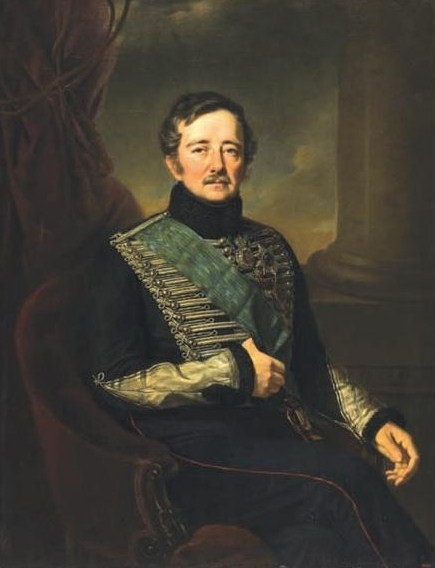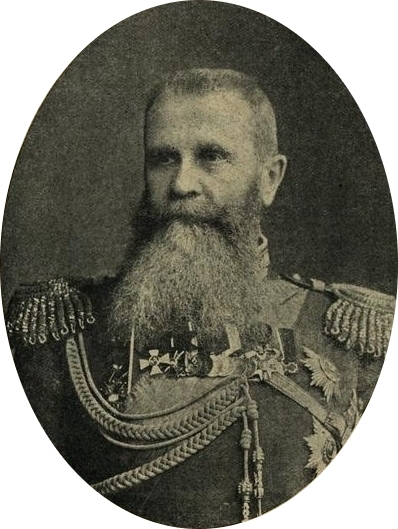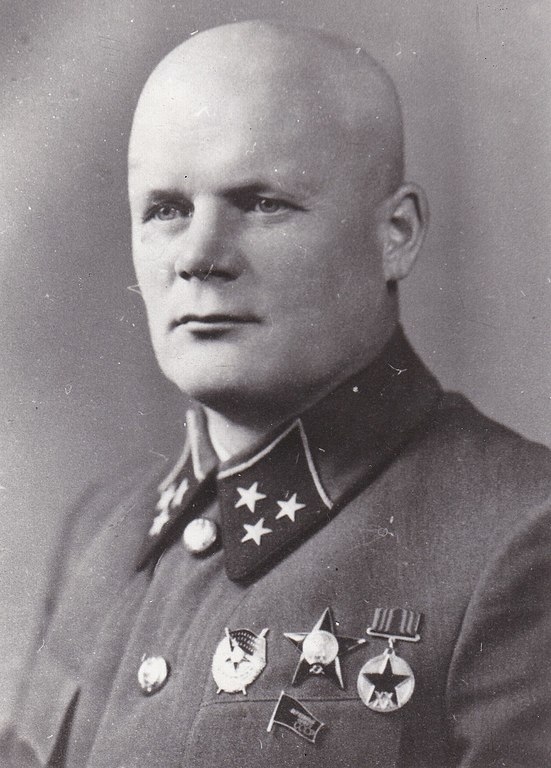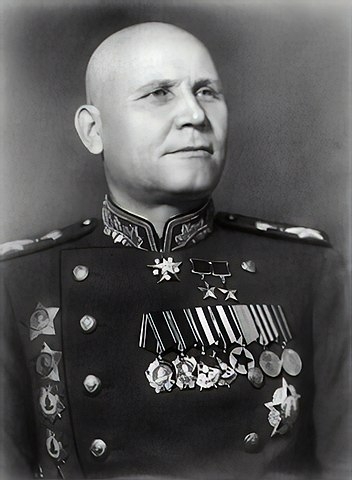Four Russian generals who defeated the Hungarians

After the collapse of the Mongol Empire, Russia rose in Eastern Europe. After the three partitions of Poland, the Russians became directly bordering the Habsburg Empire, of which Hungary was a part. It is no coincidence that one of the greatest fears of the Hungarian politicians of the reform era was the Russian advance in support of pan-Slavism, which would dismember historic Hungary.
In the history of the last two centuries, the empire has fought several wars against both the Habsburgs and Hungary, which have given the world several Russian generals who defeated the Hungarians. They were introduced briefly by Helló Magyar.
The Russian general who crushed the war of independence

Ivan Fyodorovich Paskevich was not a young man when he was given the task by Nicholas I of Russia to put down the Hungarian war of independence. Born in 1782 in Poltava, famous for its battles, the Russian general owed his promotion mainly to his performance in the Napoleonic Wars.
He fought at Smolensk, Borodino and Leipzig, and took part in the capture of Paris. He also fought on the Russian southern fronts against the Turks and Persians. His best-known achievement was the suppression of the Polish War of Independence in 1831, after he took command of the Russian troops following the death of his predecessor.
Paskevich subsequently became governor of Poland. Polish history remembers this period as the ‘Night of Paskevich’, after his reign was marked by the regaining of Polish autonomy and the Russianisation of Poland.
The man who led the Tsarist empire to the Carpathians

Nikolai Iudovich Ivanov graduated from artillery school. He was involved in the suppression of the Boxer Rebellion (1899-1901) and the Russo-Japanese War (1904-05). During the 1905 revolution, Ivanov was serving in St Petersburg, where he was a firm hand in controlling the unrest that had spread to the army.
He later became commander of the Kyiv military district, and at the age of 64, he was a prisoner of war in the First World War. At the beginning of the war, the Austro-Hungarian army headquarters attacked in the northern part of the Galician front and initially successfully defeated the Russian armies.
However, Ivanov and his superior, Grand Duke Nikolai, believed that this was only a diversionary attack, and that the main Austro-Hungarian forces would be launched from the southern part of the front. Thus Ivanov’s attack on this section proved to be devastating against the weaker Austro-Hungarian forces.
The Russian general who hated Zhukov

Filipp Golikov was one of those for whom the Bolshevik turnaround created a career opportunity. He joined the party at the age of 18 and also completed military school, but excelled primarily in agitation. He supervised the purges in the Belarusian military district, where he met Zhukov, a man he hated for the rest of his life because of his role there.
In 1942, he was already serving at the front, but his performance at Stalingrad was disastrous, as Nikita Khrushchev, a political officer at the front, pointed out in several reports. After the war, when Stalin took jealous action against Zhukov and brought him before a special tribunal, Golikov testified enthusiastically against his rival. He also took part in the purges in the Leningrad party.
After Stalin’s death, Zhukov regained his former prestige, but Khrushchev also removed the Marshal, again using Golikov’s opinion. But Khrushchev did not forget their earlier conflict, and when Golikov opposed the deployment of nuclear missiles in Cuba, the General Secretary had him replaced. He died in 1980.
The man for whom the defeat of the Hungarian Revolution was just an episode

Ivan Stepanovich Konev was born in 1897 and was drafted into the First World War. He was demobilised in 1917, but joined the Bolsheviks the following year. He distinguished himself in the Russian Civil War fighting in the Far East.
In the Second World War, he fought many battles, including the battles around Moscow, where he was put in command of various fronts. He led the Soviet army in what is now Ukraine and Poland, and his troops, alongside Zhukov, were the first to reach Berlin.
After the outbreak of the Hungarian Revolution and War of Independence in 1956, he was ordered to suppress it. The operation, codenamed Operation Swinging Wind, is said to have been personally led by him. Although the Soviets suffered losses, the troops achieved their objective.
His success in Hungary remained an episode in his career. He retired in 1960. He remained one of the most popular and respected military leaders in the Soviet Union until his death. He was buried in the Kremlin wall in 1973.
Source: Helló Magyar







